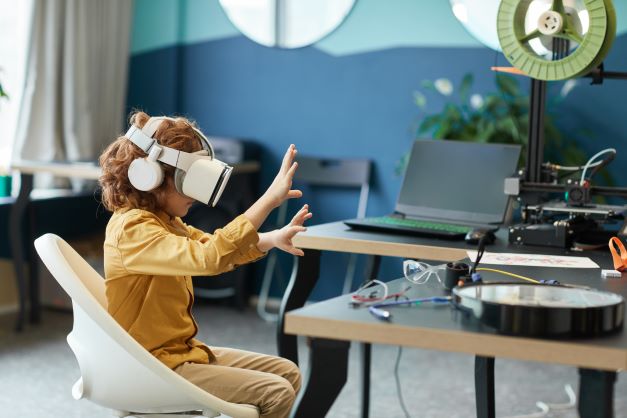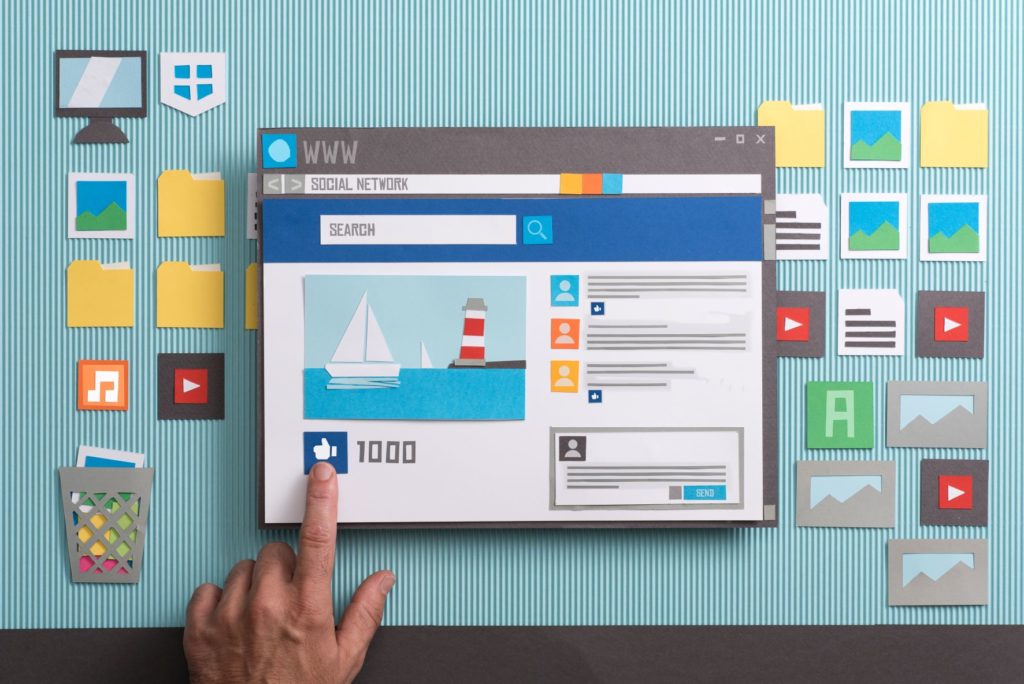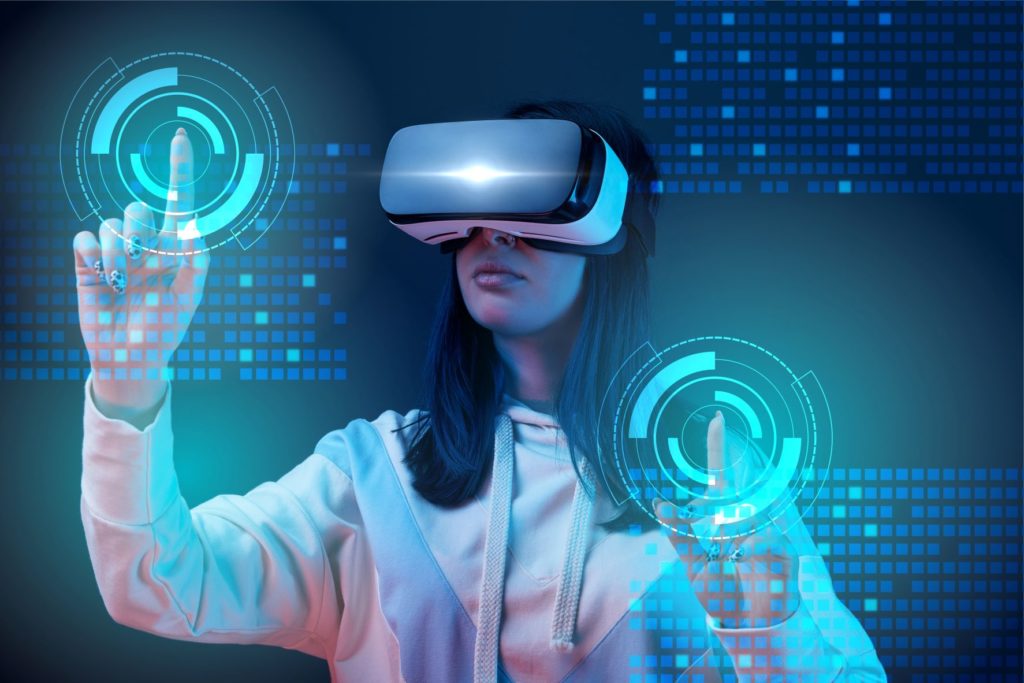The future of online education is evolving at a rapid pace. Many people predict that online education will soon become the norm, with traditional classrooms becoming a thing of the past.
Here are just a few of the reasons why online education is the future:
1). Flexibility
One of the best things about online education is that you can study at your own pace and in your own time. This makes it perfect for busy employees or those with families.

2). Affordability
Online education is more affordable than traditional education. Many free and low-cost courses are available online, so you can get a high-quality education without breaking the bank.
3). Convenience
With online education, you can study from anywhere in the world with an internet connection. This is perfect for people who want to travel or work during their studies.
4). Quality
Finally, online education is often just as good, if not better, than traditional education. With the help of technology, online courses can offer a high-quality education comparable to classroom education.
Undoubtedly, online education is here to stay. So let’s take a look at how new technologies will alter the way we learn? In this blog post, we’ll explore some of the exciting changes on the horizon for online education. We’ll discuss how virtual reality and artificial intelligence is already used in classrooms, and we’ll look at some other cutting-edge technologies that may impact learning in the years to come. So if you’re interested in finding out what’s next for online education, keep reading!
Tablets in Classrooms

During the Covid pandemic, tablets, iPads and laptops were necessary for students to learn online. In the upcoming post-pandemic world, the use of these devices will go to the classroom. According to statistics, elementary school students spend 48% of their education on tablets, and 58% of high school spend their time on iPads and Laptops. Some benefits of using these devices in the classroom include accessing information quickly and easily. In addition, using iPads and tablets can help students learn in various ways by providing them with interactive and multimedia content. This trend is expected to grow as teachers create online curricula.
Assistive Technology

Notably, students with disabilities have not been left out by online education technology. Different assistive technology devices are available for special education students and even students with disabilities. For example, alternative input devices allow students to use computers and tablets equipped with modified keyboards. They can manipulate the devices using their mouth or even feet, making it easy to use these particular devices.
Besides that, those who cannot use manual input devices will use speech-to-text technology as an alternative. Currently, those who have dyslexia can get the opportunity to learn effectively through subtle technology like easy-to-read fonts. These technology trends aim to break down the barriers separating students based on their learning ability and offer equal educational opportunities to all students.
Augmented Reality and Voice Platforms

The next wave of technology that creates a good education trend is augmented reality or virtual reality. Augmented reality devices are good at enhancing real-world materials, and virtual-reality products create an immersive digital world where students can interact with 3D worlds. These all work to enhance the learning experience. Without a doubt, students in the STEM field in particular will appreciate augmented reality and virtual reality learning. This is to help explore microscopic organisms and have access to the virtual section.
Additionally, augmented reality and virtual reality technology allow students to circumnavigate the globe and explore various historical moments. Voice platforms like Google echo and Amazon Alexa have instant answers and play educational games. Importantly, these can be crucial in conducting polls for classmates and providing platforms to chat with students worldwide.
Artificial Intelligence (AI)

AI has been used for various purposes in online learning. For example, automating basic activities like grading is possible through AI. Currently, teachers automate grading of multiple-choice and fill-in-blank questions, making their work straightforward. Students also benefit from artificial intelligence tutors when teachers are busy.
Moreover, Artificial intelligence systems can also monitor students’ progress and alert teachers when there’s a problem with the student’s performance. Incorporating artificial intelligence as an assistant in in-class teaching will help both the teachers and students have a good learning experience. The use of AI is bound to grow in the classroom.
Gamification

This is one of the most effective educational technology trends for students. Its objective is to make the learning experience more fun and engaging. Students can practice and create a fun yet positive learning environment by engaging in learning games. This is to ensure that they improve their understanding of the topic and are engaged enough to retain and remember what they have learnt. It makes the learning process easy and ensures an improvement in the grades.
Social Media in Learning

Did you know that social media will be part of the learning process? All students, both young and old, spend a lot of time on social media. Education institutes use social media like Facebook and Instagram as communication tools where students can interact with others easily. They can share study materials discuss them with each other in a group for them to be able to enhance their learning. As well as that, class-specific hashtags like #ECON1101SP20 are being used to build a community around a class project. This is an exciting development to watch.
Blockchain Technology

Blockchain technology benefits the education industry, primarily through data storage. Every time new data is added, it will add another block to the system to limit the storage. The data will then be encrypted and distributed across multiple computers in the system simultaneously. As a result, the whole process of data transactions become decentralized and transparent.
Final Take Away
The future classroom uses technology to help students learn in new and innovative ways. Educators can access information quickly and easily, from iPads and tablets to blockchain and augmented reality. The power of technology in the classroom is expected to grow exponentially, making it an exciting online education world.
For more information on online education and the ways technology continues to influence our lives, feel free to get in touch. We’d be happy to give you a free consultation to address your concerns.
Please see our Google reviews below as an example of what our clients feel about us:






